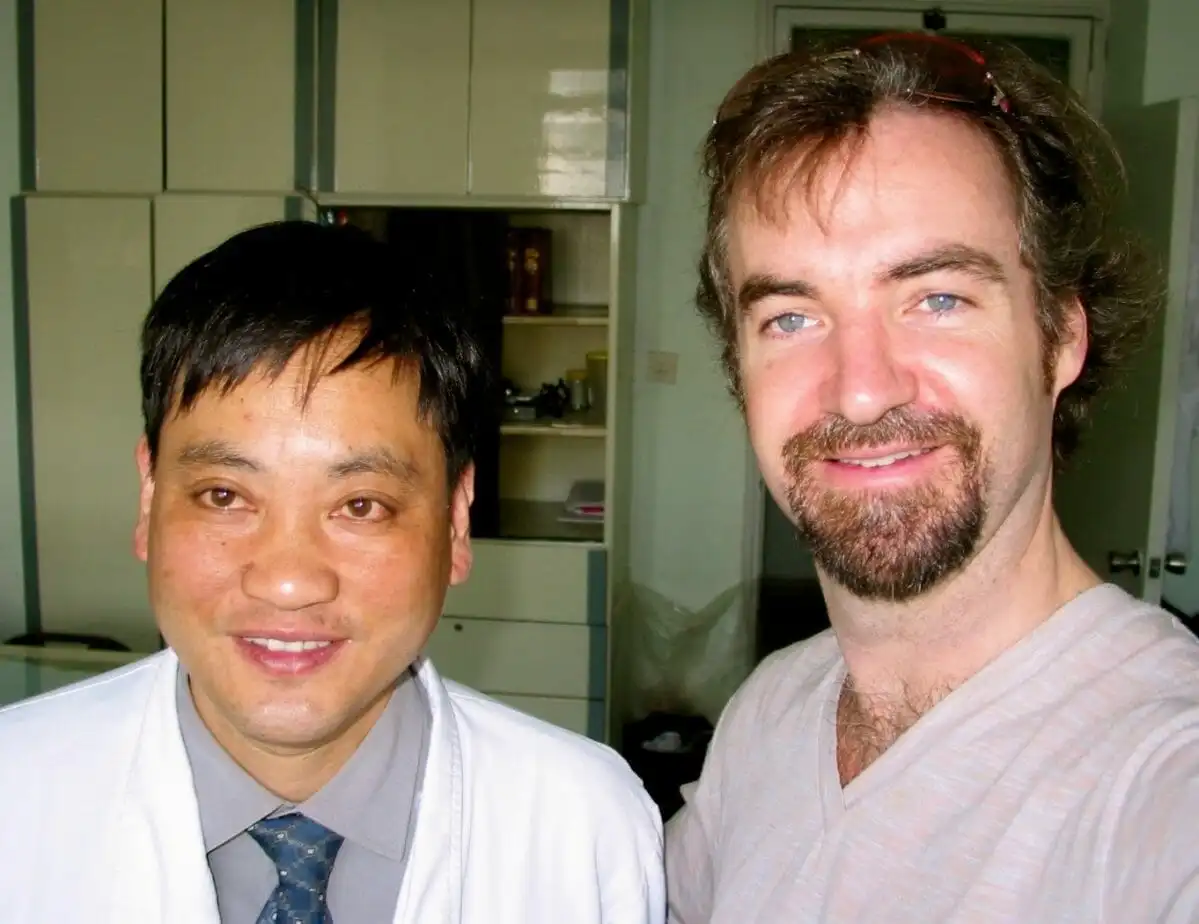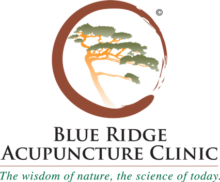Dr. Zhou’s Oncology
Dr. Zhou is the director of oncology at Shuguang hospital in Shanghai China. Shuguang is a 600 bed research and clinical hospital associated with the Shanghai University of Traditional Chinese medicine. There are over 1000 faculty at Shuguang and over 100 high ranking TCM officials. As a director of a specialty at Shuguang, Dr. Zhou has vast responsibilities including administration and oversight of his department in addition to clinical work and teaching. He sees patients in the outpatient part of the hospital three mornings a week and the rest of his time is spent in the inpatient department. On some days in addition to rounds on his floor and to teaching, he is performing surgeries. While I was interning with him it was not uncommon for us to see 60 patients in just four hours. His remarkable grasp of Chinese medicine combined with in-depth knowledge of western bio- medicine was truly inspiring.

One morning I arrived shortly after 8am on one of my first encounters with Dr. Zhou. He had already been seeing patients for an hour. He told me that if he didn’t get there early enough, he wouldn’t be able to see all his patients, some of whom had traveled many hundreds of miles for his expertise. His eyes looked a little blood shot and I asked him if he slept last night. He told me he was up late studying research journals and that in addition he was to perform an operation that afternoon. Needless to stay I was impressed by his dedication to his patients and the high quality, well-researched care that he gave them. In fact, it was apparent that many if not most of the doctors I worked with in China had a passion so often lacking in most western trained physicians. I found out that Dr. Zhou was making around $200 US dollars a month and I was even more inspired. His hard work and commitment clearly was not economically motivated.
As I studied more with Dr. Zhou it became clear to me that his passion came from a commitment to excellence. It came from his deep desire to be of service to others and from his choice to care. While some doctors I met lamented their poor salaries, Dr. Zhou never seemed to mind. He was aware of the fact that he would have many more opportunities financially in America or in Europe, but he was content to stay and serve the Chinese population that needed him. Countless patients that we saw together praised Dr. Zhou and his abilities. They spoke of his skill and his concern, of his humility. Whenever anyone praised him, he would continue looking at their charts further refining his treatment plan. He might briefly smile and tell them their praise was not necessary, but I knew that inside he must derive great joy in helping to alleviate so much suffering. Though he could not give large amounts of time to any one patient, each was treated with care and concern and all questions were answered. For each he would write a TCM herbal formula consisting of anywhere from 9 to 25 herbs individually tailored to fit the patient’s constitution in relation to their cancer’s location and specifics and in many cases to treat the cancer directly.
He was incredibly diverse in his treatments though he held to certain principles that guided them. For instance, he often said that in cases of cancer of the large intestine we treat the kidney. His reasons often derived from a synthesis of biomedical knowledge and TCM understanding. Many formulas for large intestine cancer therefore were based off of Liu Wei Di Huang Wan, but each was adjusted to the patient and unique. Breast cancer was often treated with a formula that had a strong affect on the liver, because of the trajectory of the liver channel in relation to the breast.
One day Dr. Zhou told me that the World Health Organization had done a study comparing TCM to surgery, chemotherapy and radiation to determine which was more effective. They did not study cases that used both TCM and biomedicine together. They found that TCM approaches alone had around an 8% effective cure rate while the biomedical rates including surgery had around a 30% success rate. He was quick to critique the study for me. First he said the major flaw was that they did not assess quality of life in the two groups. He told me that one of the greatest strengths of TCM in the treatment of cancer is the ability of herbal therapies to dramatically improve a patient’s quality of life in most all cancers. He then said that they should have left surgery out of the study because it is really in a different category anyway and inclusion could skew results. Also, acupuncture was not included in the study and he commented that acupuncture needs more research in the area of cancer care.
With Dr. Zhou as a mentor I was continually awed by the profound effects of our medicine. In many places in the US western trained doctors have no idea that Chinese herbal therapy and Chinese medicine can be so effective for cancers. It is up to us to educate them. We can dramatically improve the quality of life of cancer patients. May we have the stamina, dedication and compassion that Dr. Zhou models for us all.
For a free consultation and to learn more about how we use acupuncture and Chinese herbal medicine for cancer, simply call us at 828-254-4405.
@ James Whittle M.S. L.Ac. All rights reserved. 2012.
Email: james@blueridgeclinic.com
Call : 828-254-4405 for a Free Consultation
